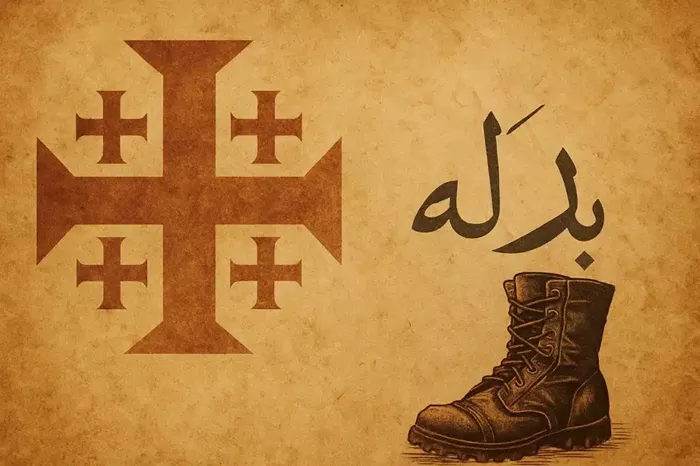Pete Hegseth, the newly appointed Secretary of Defense, has sparked controversy not only with his politics but also with the tattoos that cover much of his body. Known for his ideological tattoos, Hegseth’s collection includes Crusader crosses, biblical Latin phrases, and Revolutionary War symbols. His most recent tattoo, an Arabic phrase along his forearm, has drawn criticism for being provocative and politically charged.
While the translation of the tattoo remains unconfirmed, experts suggest it mirrors language commonly used in Christian apologetics in the Middle East, raising concerns about the intent behind it. This is not the first time Hegseth’s tattoos have sparked debate. His Jerusalem cross, a prominent symbol of the Crusades, covers his chest and is described by critics as a statement of militant Christian nationalism, echoing the themes of religious warfare.
Historians like Dr. Eleanor Janega argue that Hegseth’s choice of violent imagery, such as the Crusader cross, aligns with far-right extremist symbolism, including references to the phrase “Deus Vult,” which has gained prominence in radical online spaces. Hegseth’s latest Arabic tattoo adds another layer of controversy, especially given its juxtaposition with his other militaristic symbols, leading some to interpret it as a cultural provocation.
As Hegseth assumes his role overseeing U.S. military operations worldwide, particularly in the Middle East, the global implications of his tattoos cannot be ignored. Critics worry that these symbols might signal a dangerous rhetoric that could influence both domestic and international perceptions of U.S. policy.
Related topics:

